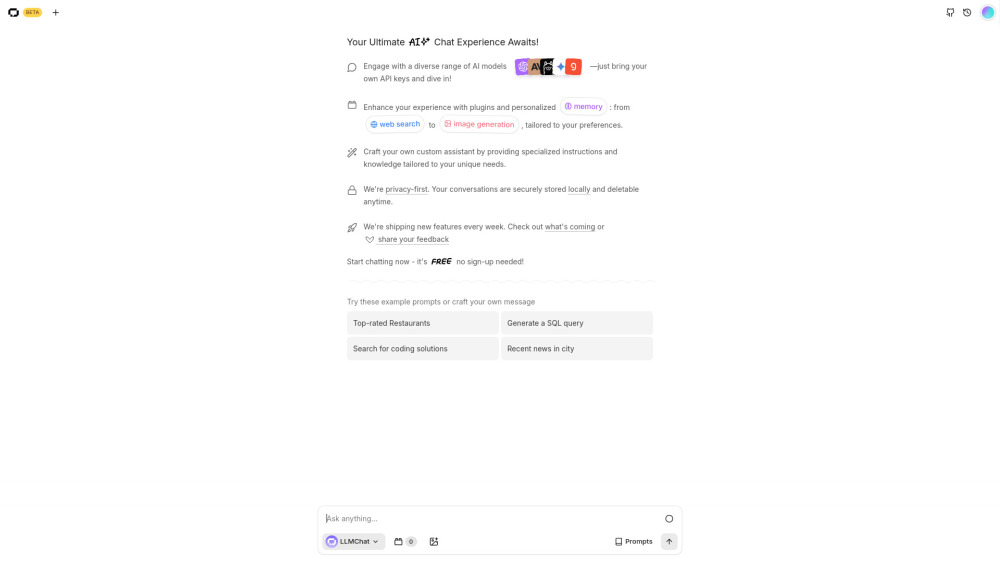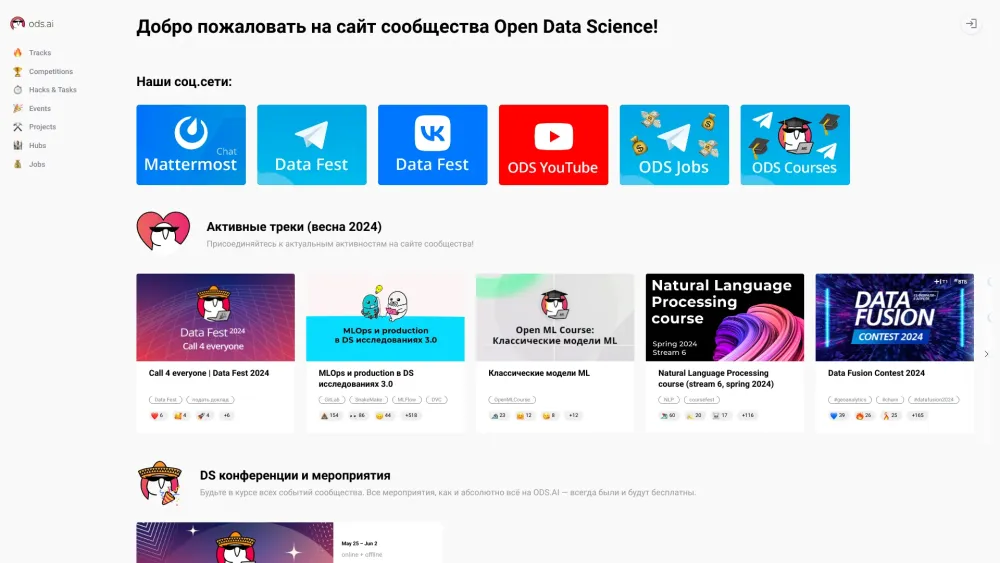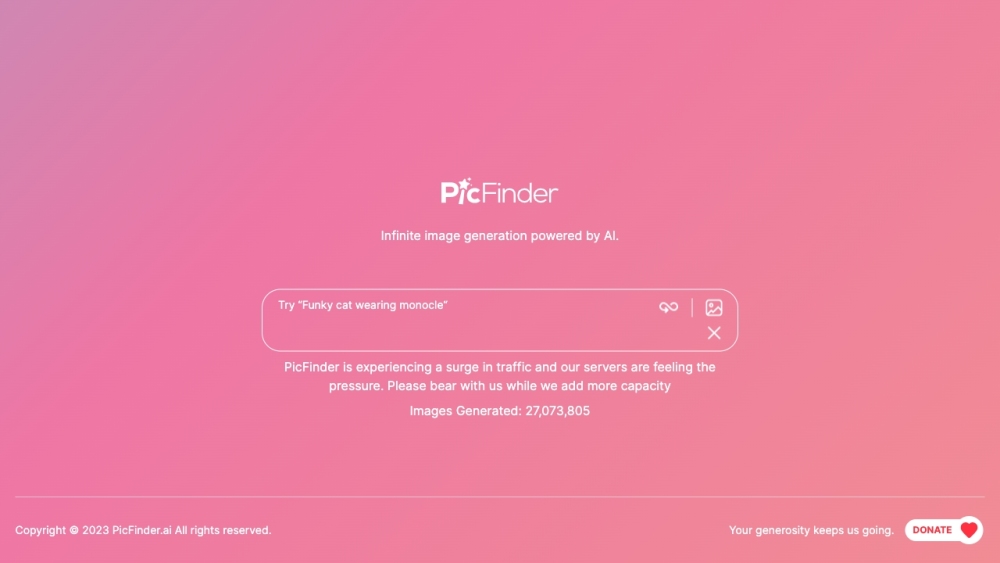Microsoft has today unveiled its response to Google’s AI-enhanced search capabilities: Bing generative search. Currently accessible to only a "small percentage" of users, Bing generative search utilizes a blend of both large and small generative AI models (the specific models remain undisclosed) to aggregate information from across the web and create comprehensive summaries in answer to user queries.
For instance, when a user types "What is a spaghetti western?", Bing generative search will deliver detailed insights on the film subgenre's history, origins, and notable examples, alongside links to the sources from which this information is derived. Similar to Google's AI Overviews feature, users can opt to switch to traditional search results if they prefer.
“This marks a significant milestone in enhancing the search experience on Bing, and we eagerly welcome user feedback throughout this journey,” Microsoft stated in a blog post. “We're rolling this out gradually, taking the time to gather insights, test, and refine the service before a broader release. Stay tuned for further updates in the coming months.”
Bing generative search seeks to improve upon the AI chat answers that Microsoft introduced in February 2023, aiming to "more effectively fulfill the intent of the user’s query." However, there are ongoing concerns about the accuracy of AI-generated search results.
Google's AI Overviews once infamously suggested adding glue to pizza, while Arc Search mistakenly claimed that severed toes would regrow. Another source, Genspark, controversially recommended weapons for potential harm, and Perplexity has been criticized for failing to credit original articles from publishers such as CNBC, Bloomberg, and Forbes.
These AI-generated summaries pose a potential threat to the traffic of the source websites they compile information from. A recent study indicated that AI Overviews could negatively impact about 25% of publishers' website traffic due to a reduced emphasis on direct article links.
In response, Microsoft maintains that it is "ensuring the number of clicks to websites remains stable” and claims to be monitoring the effects of generative search on publisher traffic. However, the company has not shared any concrete statistics, only referring to "early data" that it has opted to keep confidential for now, leaving some skepticism among industry watchers.






